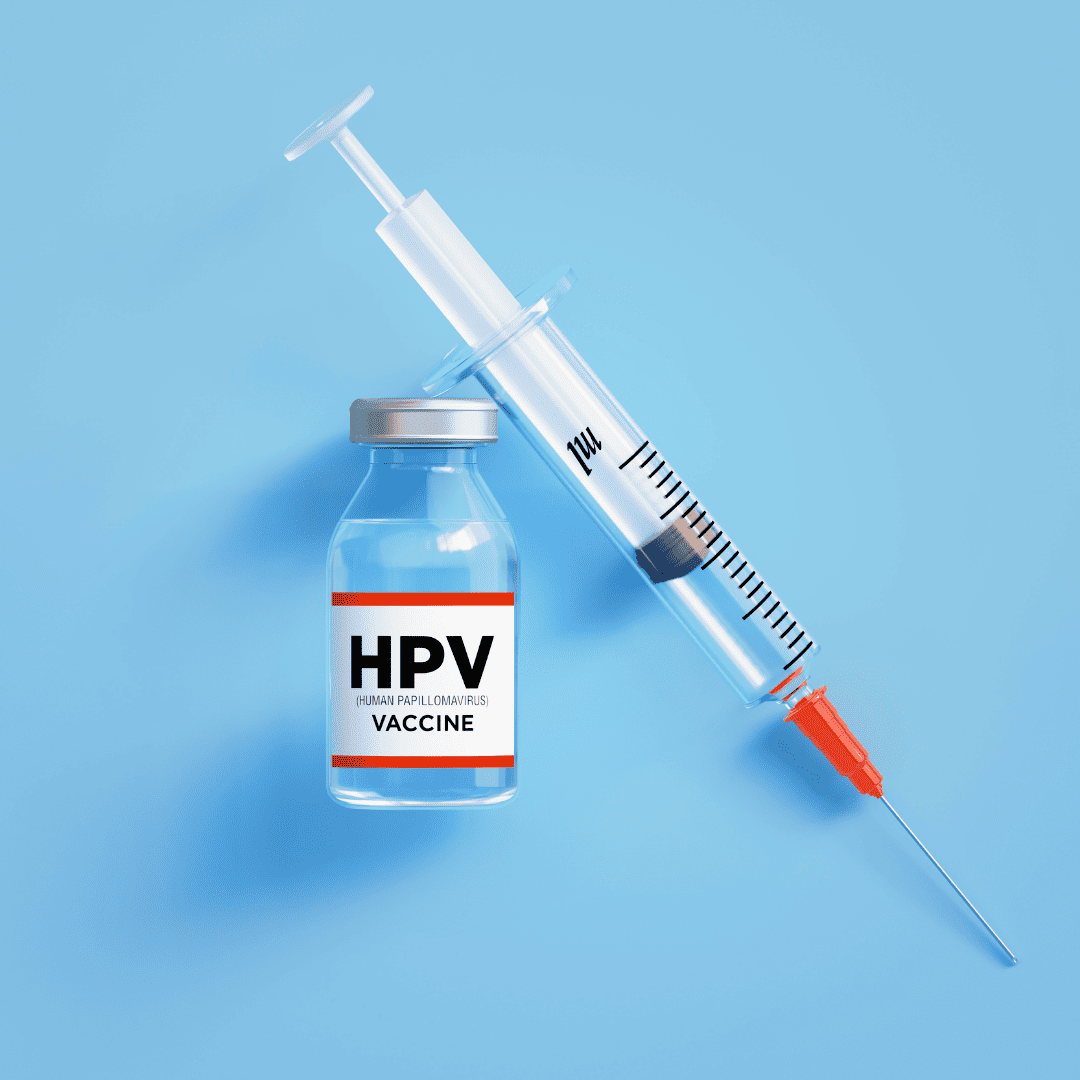OK – there is some serious confusion that has been around for years but unfortunately seems to be more prevalent now.
There are Naturopathic Physicians, like myself, who have graduated from a 4-6 year Naturopathic Medical School in North America and are MEDICAL Board-certified (like Oregon Board of Naturopathic Medicine) and then there are people who are allowed to call themselves “N.D.” but only attend a certification program for ONE year (often online) and sometimes show some bogus “board-certification” that is not from a legit medical board.
It’s entirely unfair that they get to use the title of N.D but this credential is unfortunately not regulated like it is for an M.D.
We can both be called “N.D.” however the differences in training, education, knowledge base and scope of practice are IMMENSE!
Those of us that attend Naturopathic Medical School at accredited institutions have training almost identical to MDs in the first 2 years. By the end of training, true Board-certified NDs have 4930.5 hours of training compared to an MD at UNC-Chapel Hill having 5125 hours – that’s a difference of only 194.5 hours in training. In addition to similar invested hours, we must also sit for and successfully pass 3 days of official Board exams before we are licensed.
However, some people are getting online doctorates and certifications like those at Rockwell School of Functional and Holistic Medicine. They spend ONLY 12 hours/week for one year or less than 600 hours of total training! From this short program of one year a graduate receives FIVE holistic doctorate degrees and SEVEN certifications – including doctorates in Traditional Naturopathy, Advanced Holistic Nutrition, Functional Medicine, Clinical Herbalism and Spiritual Medicine and now can call themselves a “Naturopathic Doctor”.
Medical Board-certified N.Ds have over an additional 4300 hours of training yet we both end up with the same credentials?!?!
Medical Board-certified N.D.s in fully licensed states (not North Carolina) function in the same capacity as any Primary Care Provider (including MDs). We are able to order all labs and diagnostic testing, perform physical exams, minor surgeries, gynecology, obstetrics, prescribe pharmaceuticals, bill insurance for medical visits, have hospital privileges, function as clinical nutritionists and so on.
In unlicensed states (like North Carolina) we are not recognized as primary care providers nor is our broad scope of practice acknowledged so it is easy for those from trade schools to use our credentials even though they lack most of our skill sets.
The only accredited Naturopathic Medical Schools in North America are:
1. Bastyr University
2. National University of Natural Medicine
3. Canadian College of Naturopathic Medicine
5. Southwest College of Naturopathic Medicine and Health Sciences
If your practitioner did not graduate from one of these institutions then they are not a MEDICAL Board-certified and extensively trained Naturopathic Physician!
ALWAYS, ALWAYS, ALWAYS check the credentials of your practitioner! Maybe you are not looking for the Board-certified ND and that’s totally OK – but you should know the training of the practitioner you are working with before you begin your journey!
Hope this clarification is helpful!!
Dr. K
Interested in chatting with Dr. Kelley further? Call our office or click on the button below to schedule a zoom call!

